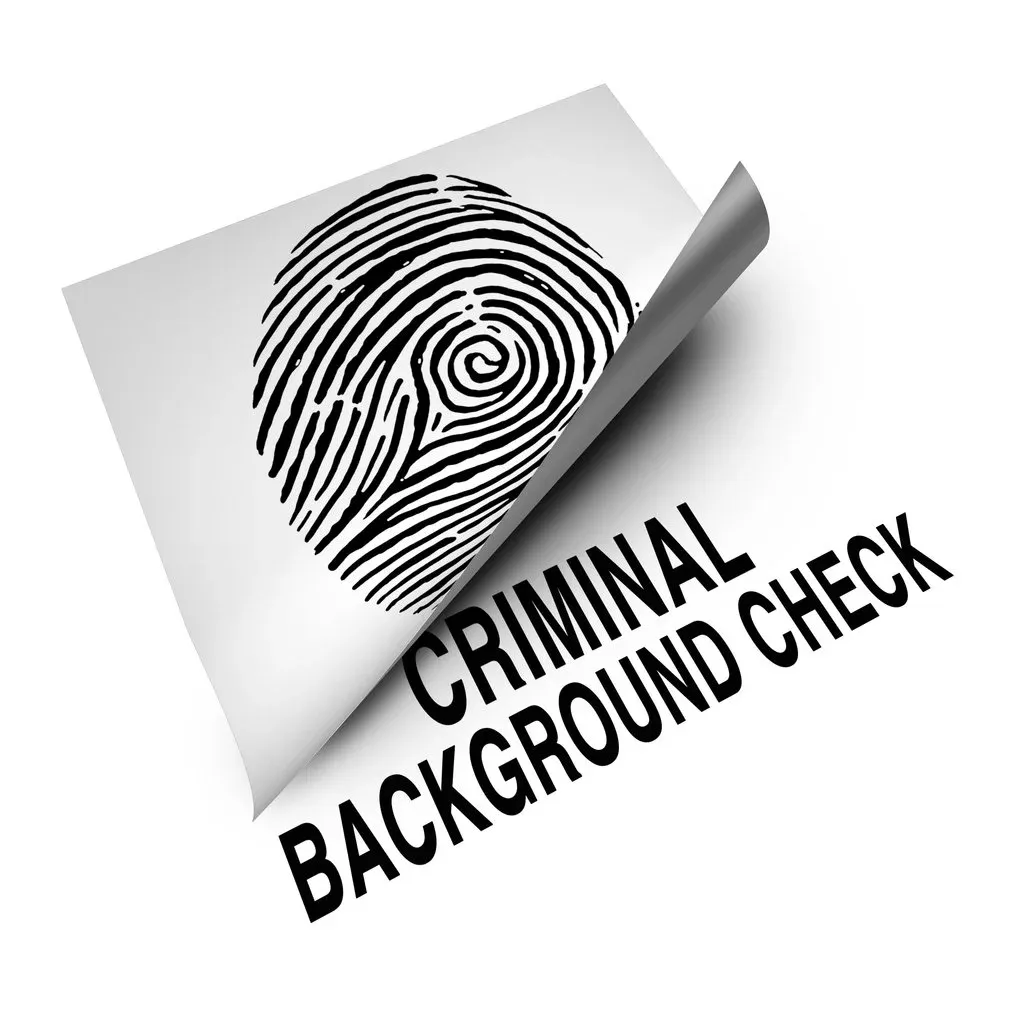Record expungement may sound like a tedious process, but the benefits are countless. After a court convicts you of a crime or you complete a prison sentence, you will be eager to continue your life. But many may not realize how much of their lives their record can affect.
By working with your attorney to have your record expunged, you can make your life more enjoyable. Below, we answer five questions about record expungement, and thus, the benefits thereof.
1 . Do I Need a Record Expungement to Get a Job?
Most job applications require applicants to state whether or not they have a criminal record. Over 80 percent of employers complete criminal background checks, so being honest is critical to getting a job. Many people hope to explain their case to potential employers, particularly if the court charged said applicant with a misdemeanor. Studies show 60 percent of employers will knowingly hire someone with a record. However, those odds are still not ideal.
You may wonder how you can get a job by telling potential employers about past charges? Record expungement can help. There will be no sign of any criminal activity, and it will be easier for you to acquire a job. Even if you have a job currently, your records could come back to haunt you if you look for another.
2. Can I Vote if I Have a Criminal Record?
It is every citizen’s right to vote; however, in many states that right is taken once they are charged with a crime. In Rhode Island, you can still vote if you have been convicted of a felony or misdemeanor. You cannot vote if you are incarcerated or waiting to serve time in a prison. Keep in mind that even though you have this right, officials may question you when and if you attempt to register to vote. Expungement eliminates this needless hassle.
In some cases, voter registration can muddy the waters, particularly when it comes to those with criminal records. Processes can vary from the aforementioned completion of a sentence but may be as in depth as a time-consuming individual application. The ACLU cites over 5.3 million people with criminal records are eligible to vote, however confusing interpretations of laws may hold them back.
3. When Can I Purchase Firearms?
The second amendment grants citizens the right to bear arms. However, the amendment does not permit anyone convicted of a crime of violence to purchase a weapon. The state of Rhode Island defines a crime of violence as “a specific list of felonies, including felony domestic violence.” Most of these crimes prohibit the purchase of firearms for up to two years after the conviction. Record expungement could lead to a shorter period without firearms. This gives you the opportunity to defend yourself if you choose to do so.
4. Can I Receive Government Assistance With a Record?
Many states will not allow people charged with felonies to participate in Supplemental Nutrition Assistance Program (SNAP) and Temporary Assistance for Needy Families (TANF), or food stamps. The reason legislators passed these laws is that those convicted of drug-related crimes may exchange the food stamps for drugs or drug paraphernalia. In Rhode Island, however, this is not the case.
Applying for government assistance can be just like applying for a job, however, as it may be difficult to find housing. Many convicted of felonies contact the Department of Housing and Urban Development to find public housing in conjunction with the Rhode Island Housing Authority. Having a record expungement eliminates this tedious process and will allow you to live in a location you want to live in, not one the government assigns you.
5. What Steps Does the Record Expungement Process Involve?
The first step is meeting with a lawyer who will go through the process with you in greater detail. Next, you’ll request a copy of the conviction record from the Attorney General for a cost of $5 for state records and $35 for national records. Then your lawyer will file a motion to expunge, done in the same court of the conviction itself. The Attorney General and arresting police department are notified, and the county clerk assigns a date. If the courts grant the motion, they will notify all parties and said parties would destroy the record.
Whether you want to find a job, find a home, purchase a firearm to protect yourself or fulfill your duty as a citizen by voting, record expungement can ease the process of it all. Speak with an RI expungement attorney today about having your record expunged, and get back to living your life.



